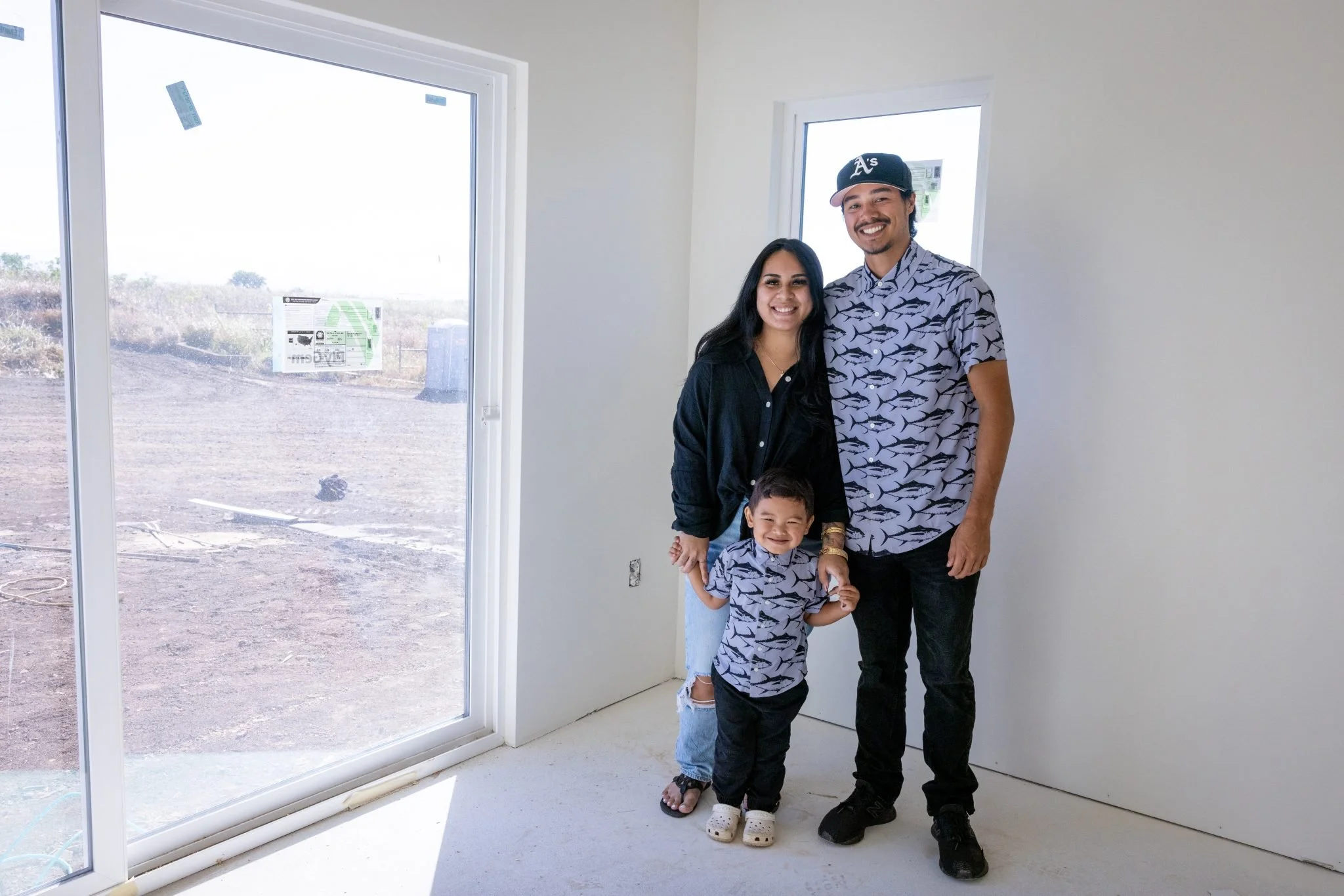
why is maui so expensive?
key issues
Cost of Living: A Call for Solutions
Maui Nui is often referred to as paradise, but for many of our local families, the soaring cost of living can overshadow our island’s natural beauty. Nearly every essential good, whether its groceries, gas, housing, utilities, costs more here than on the continent. While we cherish our unique island culture, the simple reality is that too many hardworking Maui residents struggle to cover their bills each month. Maui Nui Empowered believes we can address this crisis by championing reforms, reducing excessive regulations, and expanding economic empowerment so that Maui’s people can thrive, not just survive.
Sky-High Housing Costs
Hawaiʻi leads the nation in expensive housing, with Maui’s median home price exceeding $850,000 and modest rents often above $2,000 a month. Excessive land-use regulations, red tape in the building permit process, and restrictions on property development contribute to these high prices. By streamlining the permit process and freeing the housing market to respond to demand, we can create more supply, increase affordability, and reduce the burden on local families.
Wages vs. Expenses
Many Maui jobs are concentrated in sectors that leave countless residents living paycheck to paycheck, sometimes needing multiple jobs just to keep afloat. Encouraging small-business growth, entrepreneurship, and private-sector investment can help diversify our job market, raise wages, and reduce dependence on tourism alone.
what can we do?
Maui Nui Empowered is dedicated to practical, data-driven reforms that give power back to the people and reduce government barriers to prosperity. There’s no single instant fix, but we can tackle these challenges across multiple fronts:
Diversify & Strengthen the Economy
Encourage Small Businesses: Reducing red tape and streamlining the permit process for new businesses can attract investment in promising sectors like agriculture, technology, and alternative energy.
Unleash the Housing Market
Slash Excessive Regulations: Restrictive zoning and cumbersome building codes have hamstrung housing development. By cutting red tape, we can accelerate home construction and lower housing costs.
Support Creative Housing Solutions: Ideas like private land trusts, modular construction, and allowing higher density where appropriate could make it easier and cheaper for locals to own or rent homes.
Promote Local Food Security
Cut Agricultural Red Tape: Over-regulation can stifle local farms. Simplifying the process for farm expansion, improving access to capital, and reducing burdensome rules can incentivize local food production.
Embrace Market Innovation: By boosting competition among local producers, grocery prices can come down, and farmers can thrive. Farmers’ markets, direct-to-consumer sales, and cooperative models help residents access affordable, fresher options.
Accelerate Private-Sector Renewable Energy
Tax Incentives for Consumer Choice: Offering tax credits for household solar or battery installations empowers residents to lower their bills through market-driven, consumer-focused solutions.
Improve Transportation and Infrastructure
Free-Market Transit Options: Encouraging rideshare and peer-to-peer car sharing platforms, private shuttle services, and user-friendly innovations can offer alternatives to owning a car and paying top-dollar for gas.
Competitive Fuel Markets: Enhancing transparency and permitting more competition among fuel suppliers can help drive down gas prices.
Targeted Tax Relief for Residents
Streamline Government Spending: Ensuring taxpayer dollars are spent efficiently can free up resources for critical infrastructure, while keeping the overall tax burden in check.
Bringing Maui’s cost of living down will require persistence, creativity, and above all, the willingness to let the free market work. By removing unnecessary government barriers, we can open new doors for innovation, job growth, and self-sufficiency. We envision a Maui where families have a genuine chance to get ahead, where local entrepreneurs can build thriving businesses, and where our keiki (children) can look forward to a future that doesn’t force them off the island they call home


